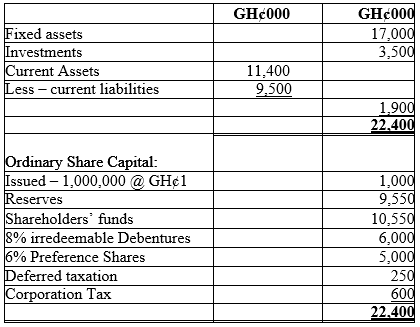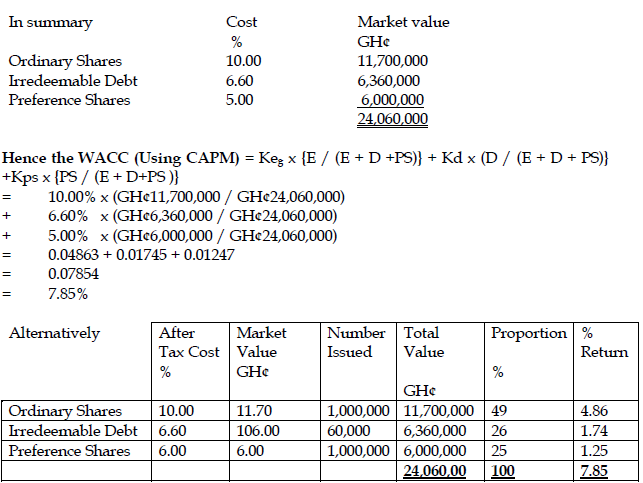May 2018 Q1 a.
There are many strategic reasons for Multinational Enterprise to undertake foreign direct investment (FDI) to stimulate economic activity in the host country.
Required:
Explain TWO strategic reasons for engaging in FDI. (2 marks)
View Solution
Eiteman, Stonehill and Moffet (1992) in their book, Multinational Business Finance, set out five main strategic reasons for engaging in FDI, as follows:
i) Market Seeking
Such firms may be purely exporting to markets overseas or producing in foreign markets to meet local demand, overseas car manufacturers in Ghana and communication firms in Ghana are examples of market seekers.
ii) Raw material seeking
Firms in industries such as oil, mining, plantation and forestry will extract raw materials in the places where they can be found, whether for export or for further processing and sale in the host country.
iii) Production Efficiency seeking
Here firms locate production where one or more factors of production are cheap relative to their productivity. A common place example is the utilization of low cost labour in the Far East (Taiwan, Malaysia and Mexico)
iv) Knowledge seeking
Knowledge seeking firms choose to set up operations in countries in which they can gain access to technology or management expertise. Firms go to India mostly to tap into their technological prowess.
v) Political safety seekers
MNCs may seek countries in which there will be little political interference with foreign operations. More positively these countries may offer grants, tax concessions and protect the interest of the foreign firms in the country
Most foreign direct investment is undertaken by firms and multinational corporations, who hope to benefit from some of these advantages:
* Take advantage of lower labour costs in other countries (e.g. India is one of biggest recipients of FDI, where labour costs are much lower than in the OECD.
* Take advantage of proximity to raw materials rather than transport them around the world.
* Avoid tariff barriers and other non-tariff barriers to trade.
* Reduce transport costs. For example, by producing cars in the UK, Nissan has lower transport costs for selling to the UK market.
* Opportunities for using local knowledge to help tap into domestic markets. For example, by investing in a foreign country and working with local workers, a multinational can gain a better insight into what works well for local markets. (Any 2 points)











